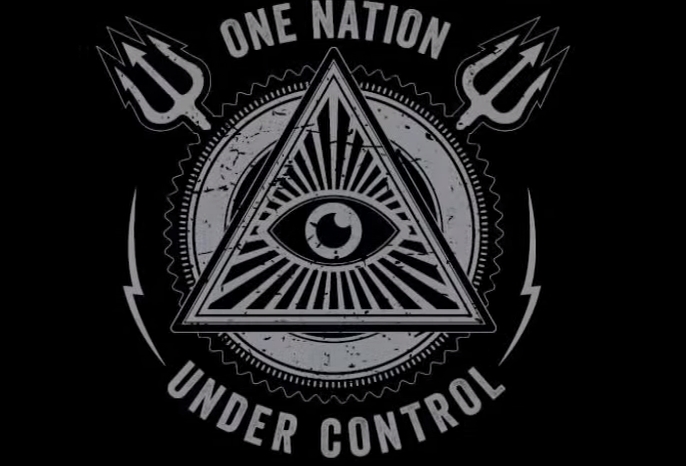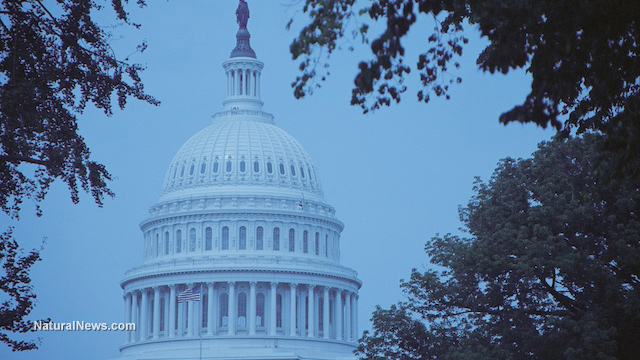
- Delaware pro-life pregnancy centers sue the state over SB 300, a law requiring them to post disclaimers about not being licensed medical facilities.
- Critics argue the law unfairly targets pro-life centers while exempting abortion providers, violating free speech and religious liberty.
- Noncompliance with SB 300 could result in fines up to $10,000 and asset freezes, forcing centers to misrepresent staff qualifications.
- The lawsuit claims the law is part of a broader trend of state governments targeting pro-life centers post-Roe v. Wade overturn.
A law that targets life-affirming centers
Delaware’s SB 300 specifically applies to “limited services medical facilities,” a category that includes only pro-life pregnancy centers. These centers, which provide free services such as pregnancy tests, ultrasounds, parenting classes, and post-abortion support, must now display disclaimers on their websites, physical locations, and advertisements. Noncompliance could result in fines of up to $10,000 per violation and even asset freezes. The plaintiffs argue that the law is not only burdensome but also misleading. For example, while ultrasound technicians are considered licensed medical professionals under SB 300, registered nurses — who are licensed in Delaware — are excluded from this definition. This forces centers like A Door of Hope to misrepresent the qualifications of their staff, which includes volunteer doctors, radiologists and nurses. “This law is unconstitutional, plain and simple,” said William Thetford, senior associate at Simms Showers and lead counsel in the case. “The pro-life pregnancy centers we represent offer families life-affirming care and resources during difficult times. We are asking the court to uphold their fundamental right to continue their mission without the threat of government punishment.”A pattern of government overreach
This legal challenge is part of a broader trend of state governments targeting pro-life centers following the Supreme Court’s 2022 decision to overturn Roe v. Wade. Similar laws in California, New York, and New Jersey have faced legal scrutiny, with courts often ruling against them. In 2018, the Supreme Court struck down a California law in NIFLA v. Becerra, ruling that the government cannot compel pro-life centers to promote abortion services. “Since Roe v. Wade was overturned, state attorneys general have ramped up their efforts to silence, censor, and shut down pregnancy care centers across the country,” said Kevin Theriot, senior counsel at Alliance Defending Freedom (ADF). “Delaware now follows government officials in New Jersey, New York, Washington, California, and Vermont targeting these centers by forcing them to provide misleading information or by punishing them for their life-affirming viewpoints.” The plaintiffs argue that Delaware’s law is part of a coordinated effort to suppress pro-life speech and undermine the vital work of pregnancy centers. “The government is trying to silence us because of our beliefs,” said Rachel Metzger, executive director of A Door of Hope. “Our mission is to empower women to make life-affirming decisions. This law is an unlawful attempt to restrict our free speech simply because we hold a pro-life viewpoint.”A fight for free speech and religious liberty
The lawsuit also highlights the law’s impact on the centers’ ability to share their faith-based messages. By requiring lengthy disclaimers, SB 300 could overwhelm and dilute core messages, including religious expressions like Easter and Christmas greetings. The plaintiffs argue that the law violates their religious convictions and their right to communicate freely with the women they serve. “Delaware’s law is clearly unconstitutional as it destroys the free speech of pregnancy centers solely because they are pro-life and help women who are facing unplanned pregnancies,” said Anne O’Connor, NIFLA’s vice president of legal affairs. “Instead of penalizing centers, Delaware should be focused on supporting women and families in need.”A battle worth fighting
As the legal battle unfolds, pro-life advocates remain hopeful that the courts will uphold their constitutional rights. With a strong precedent set by NIFLA v. Becerra and similar cases, the plaintiffs are optimistic about their chances of success. This case is not just about free speech—it’s about protecting the sanctity of life and ensuring that women have access to life-affirming alternatives to abortion. Delaware’s law represents a dangerous overreach by the government, and pro-life centers are determined to fight back. Sources for this article include: ReclaimTheNet.org CatholicVote.org DelawareLive.comZelensky’s Oval Office meltdown: A DIPLOMATIC DISASTER that could cost Ukraine everything
By Willow Tohi // Share
The WOKE WAR on gaming: How Mark Kern and gamers are fighting back against DEI corruption
By Willow Tohi // Share
Sarah Westall on the Health Ranger Report: The new frontier of PSYCHOLOGICAL WARFARE
By Kevin Hughes // Share
Mattias Desmet’s book warns of modern, tech-driven totalitarianism
By Ramon Tomey // Share
HARVARD POLL: Congressional Democrats' approval among young voters plummets, GOP gains ground
By lauraharris // Share
Trump retreats on auto tariffs, plans to exempt CAR PARTS from duties
By ramontomeydw // Share
HHS Secretary Kennedy considers removing COVID-19 vaccine from childhood immunization schedule
By bellecarter // Share
Department of Education resumes collections on defaulted student loans
By lauraharris // Share











